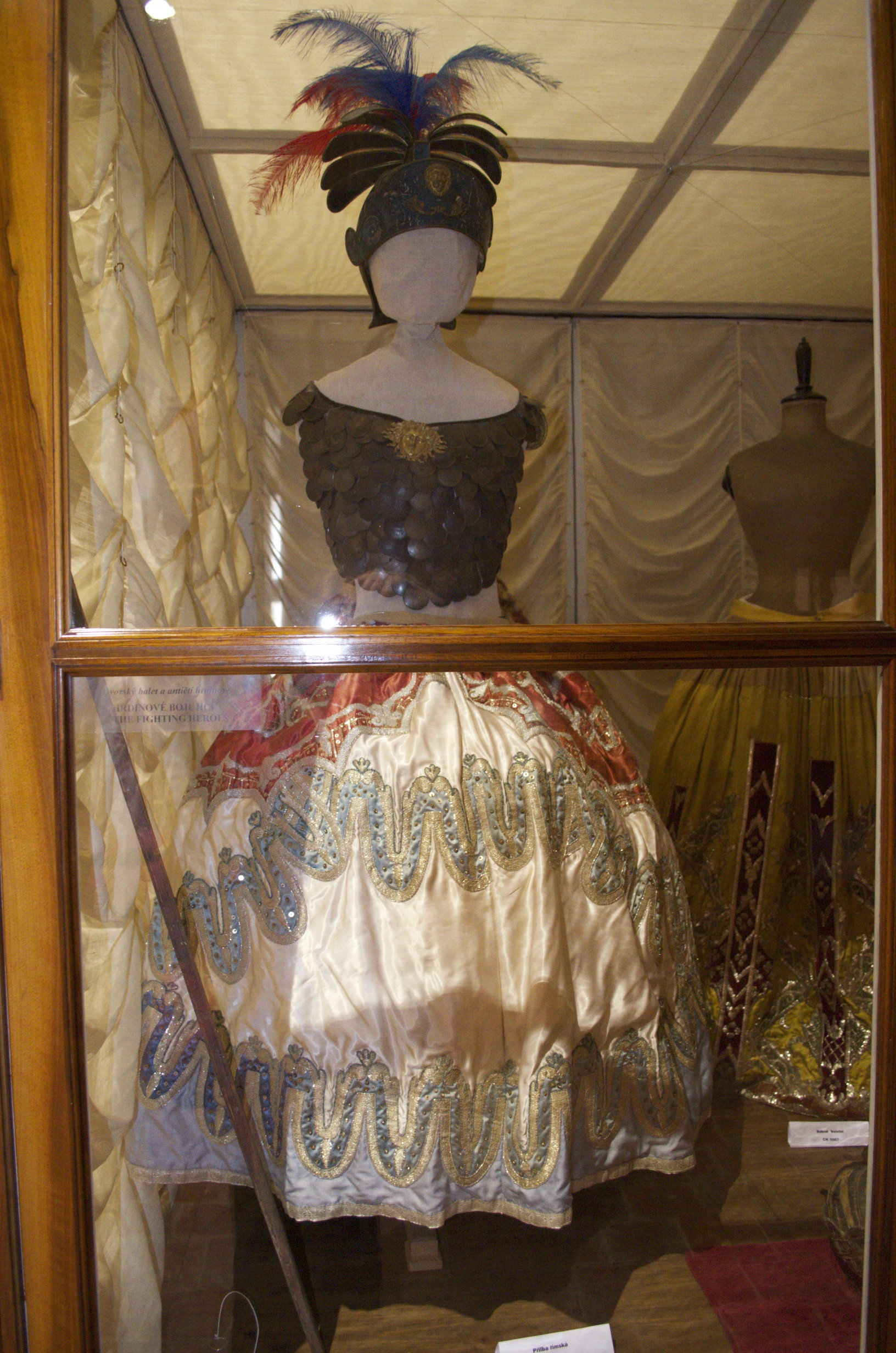Opera’s Canonic Entanglements
International Conference at Český Krumlov
20-24 June 2017

Call for Papers
Instrumental music is widely credited as the supreme genre manifesting the ideals of aesthetic autonomy, the work concept and the musical canon ca. 1800. Given the emphasis on ideal forms, Kantian approaches to aesthetic judgment and contemplation, and the idea of a canon as a collection of autonomous single-authored objects, it is perhaps unsurprising that opera does not feature prominently in most musicological accounts of the musical canon. Recently, however, scholars of German symphonic repertories have challenged the ideological underpinnings of these assertions: Emily Dolan restored the materiality and sensuality of sound by showcasing technology; Deirdre Loughridge unveiled the repertory’s audio-visual dimensions and Nicholas Mathew expanded generic boundaries of a canon ca. 1800, positioning works such as Haydn’s Creation as a choral work-concept. These investigations (among others) have paved the way for a reconsideration of opera’s complex, if seemingly unlikely relationships with fame, aesthetic autonomy, the work concept and canon formation.
Opera’s Canonic Entanglements seeks to recover the connections between opera and aesthetics that assisted in forging the idea of a work as regulative concept ca. 1800; as such, we will not be examining the formation of an operatic canon as a separate counterpart to the symphonic or other canons. With an emphasis on Central Europe (defined as the German-speaking regions of Europe), the conference will probe operatic engagements with aesthetic autonomy, the work concept and canon formation, emphasizing the sensualist (rather than rational-formalist) philosophical tradition of the eighteenth century (Baumgarten, Lessing, Herder, and Goethe).
Potential topics for investigation include (but are not limited to):
- Operatic tableaux and their impact on aesthetic theories of autonomy as articulated by Moritz, Goethe, Kant and Schiller
- Innovations in acting styles by figures such as Engel, Noverre, Diderot, Angiolini and Goethe
- German melodrama, especially the melodramas of Jiří Antonín Benda
- Opera and notions of the Augenblick
- The theatrical origins of Kant’s notions of the beautiful and the sublime, which he described as rooted in comedy and tragedy, respectively
- Dance, corporeal aesthetics and the work concept
- Stage technology, the sensualist philosophical tradition and the work concept
- The role of pleasure and sensation in critical assessments of opera as a ‘work’
- Revised conceptions of canon as process––a contested set of projects in need of being perpetually performed by people and institutions––rather than a collection of self-contained works, and subsequent implications for opera.
- The role of diplomatic networks between European courts in distributing musical works, forming the basis for music criticism and eventually, canon formation.
- Operatic performance and publication (especially of serious opera) and their role in producing some of the defining institutional and conceptual elements of modern musical culture: criticism, close-reading, and work concept, the canon.

The conference is scheduled from June 20-24 2017, and will include an opportunity to attend ‘Baroque Night’ featuring, among other festivities, operatic excerpts performed in the famous court theatre at UNESCO world heritage site, Český Krumlov.
Papers will be allotted one hour time slots. Please send 500 word abstracts to estelle.joubert@dal.ca by 15 December 2016. It is expected that the program will be finalized by 15 January 2017. For inquiries, please contact Estelle Joubert at estelle.joubert@dal.ca

Interested in sending upper-year undergraduate students to Český Krumlov for a one-month summer course? See Dalhousie’s Advanced Seminar in Baroque Culture